Greyhound bus searches provoke concerns over immigration

November 6, 2018
Members of the EWU community are starting to take a stand against Greyhound Lines Inc., which is allowing U.S. Border Patrol officers to search its buses without a warrant.
The controversial issue sparked conversation during EWU’s Immigration Action Week that occurred from Oct. 15-19, in which students discussed immigration topics.
EWU assistant professor of Chicana and Chicano Studies Nydia Martinez and EWU alumna Jennifer Mesa, along with some others, were publicly featured alongside Enoka Herat, who works for the Washington state chapter of the American Civil Liberties Union (ACLU) and the Police Practices and Immigrant Rights Counsel.
They were featured together on the Instagram page of the Washington state ACLU chapter stating their opposition of Greyhound’s stance on this issue.
“They’re treating Spokane like a bordertown,” Herat said. “Border Patrol has been very active within Spokane, even though it’s about 100 miles from the border.”
Mesa has been actively advocating for the rights of boarding passengers by providing them with information about their rights in case of a situation in which U.S. Border Patrol is inspecting the bus.
“[Mesa] is working with volunteers in the community to hand out information to passengers who are going to the Greyhound station,” Herat said. “We’ve seen Border Patrol boarding buses, questioning people and really intimidating them. So she’s really been doing a lot of work in getting people to know their rights and support them in asserting their rights in the face of Border Patrol intimidation.”
Recently, the Spokane City Council passed an ordinance that requires the Border Patrol to obtain a warrant in order to search buses within these nonpublic areas.
Even with the new passing of the ordinance, Herat is still encouraging students to be updated with these kinds of stories pertaining to immigration within the Spokane and Cheney areas.
“Regardless of your status, even if you’re a citizen going on these buses, we don’t want a kind of police state where law enforcement is boarding buses and targeting people based on their suspicion of people’s color,” Herat said. “That’s not the kind of world that we want to live in. I think college campuses are an important place to learn and to educate yourself about what our government is doing, what our federal government is doing and also what our city government is doing. What citizens, what noncitizens, what people can just do to stand up for what they believe in and help shape the kind of community we want.”
For more information about immigration in Washington state, go to the Immigrant Rights Project at aclu-wa.org.





![Simmons said the biggest reasons for her success this year were “God, hard work, and trusting [her] coach and what she has planned.”](https://theeasterner.org/wp-content/uploads/2024/05/image1-1-1200x800.jpg)

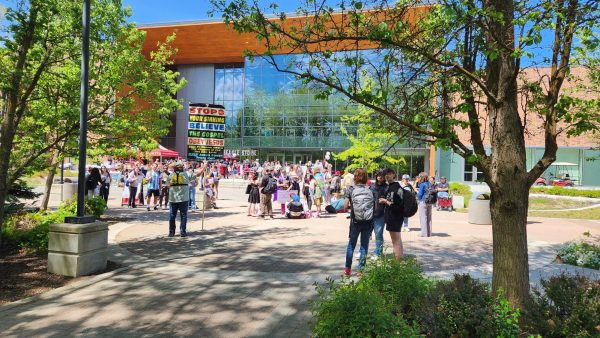

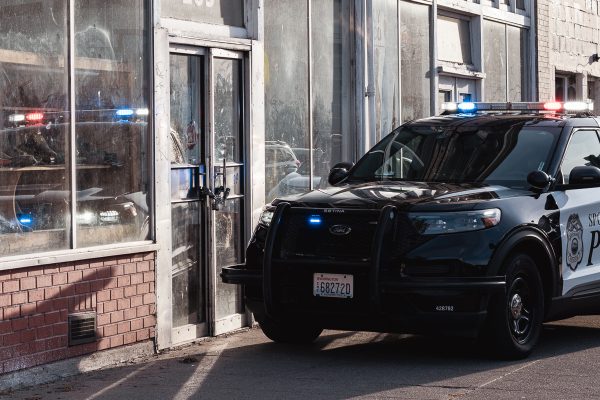
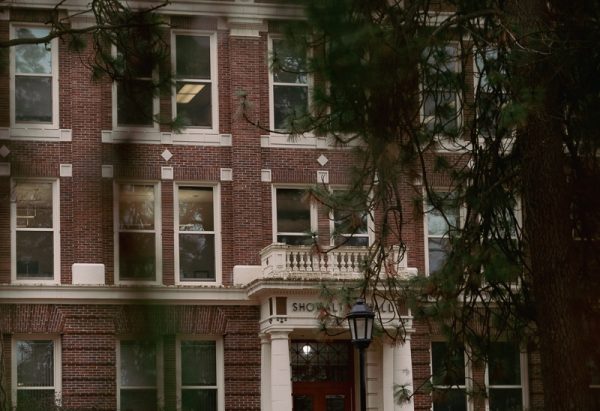

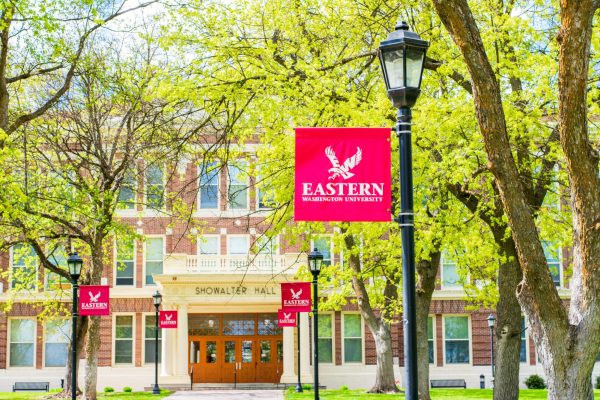
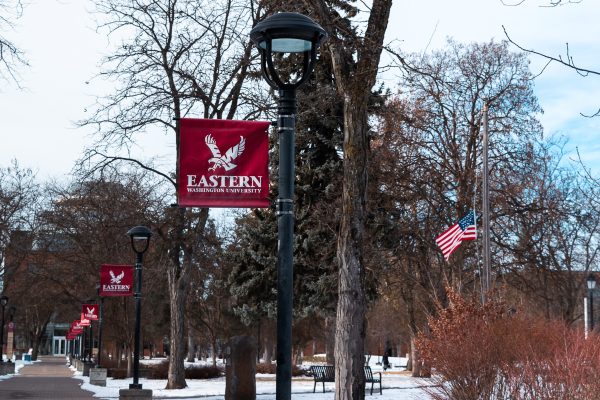
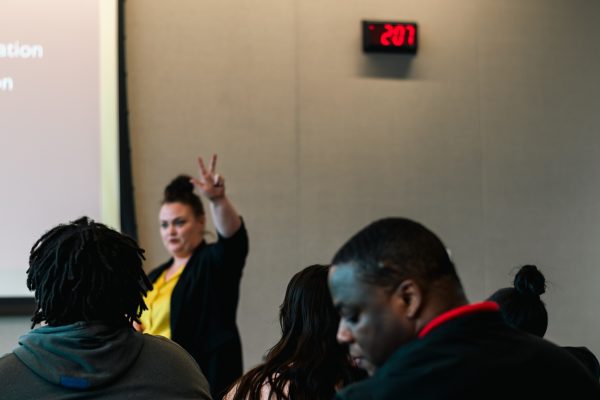
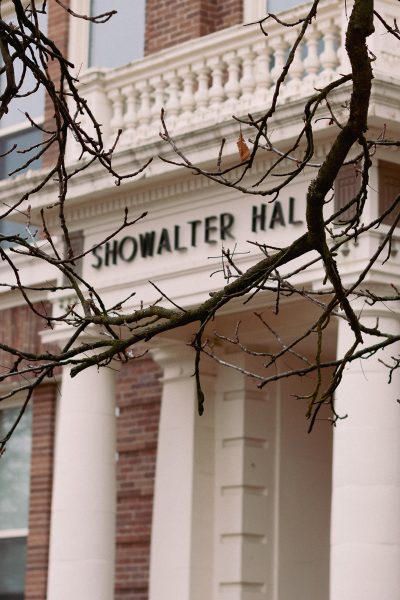

DBurnett • Nov 6, 2018 at 10:05 pm
Perhaps the CBP should focus their efforts should focus their efforts on the southern border- you know, the one that’s actually plagued with issues – rather than heckling bus riders 100 miles from the world’s longest peaceful international boundary.